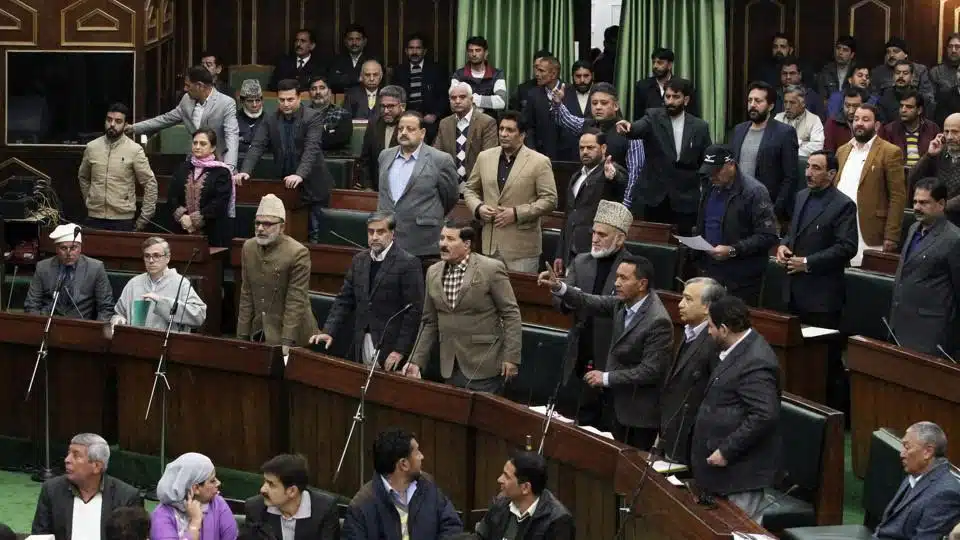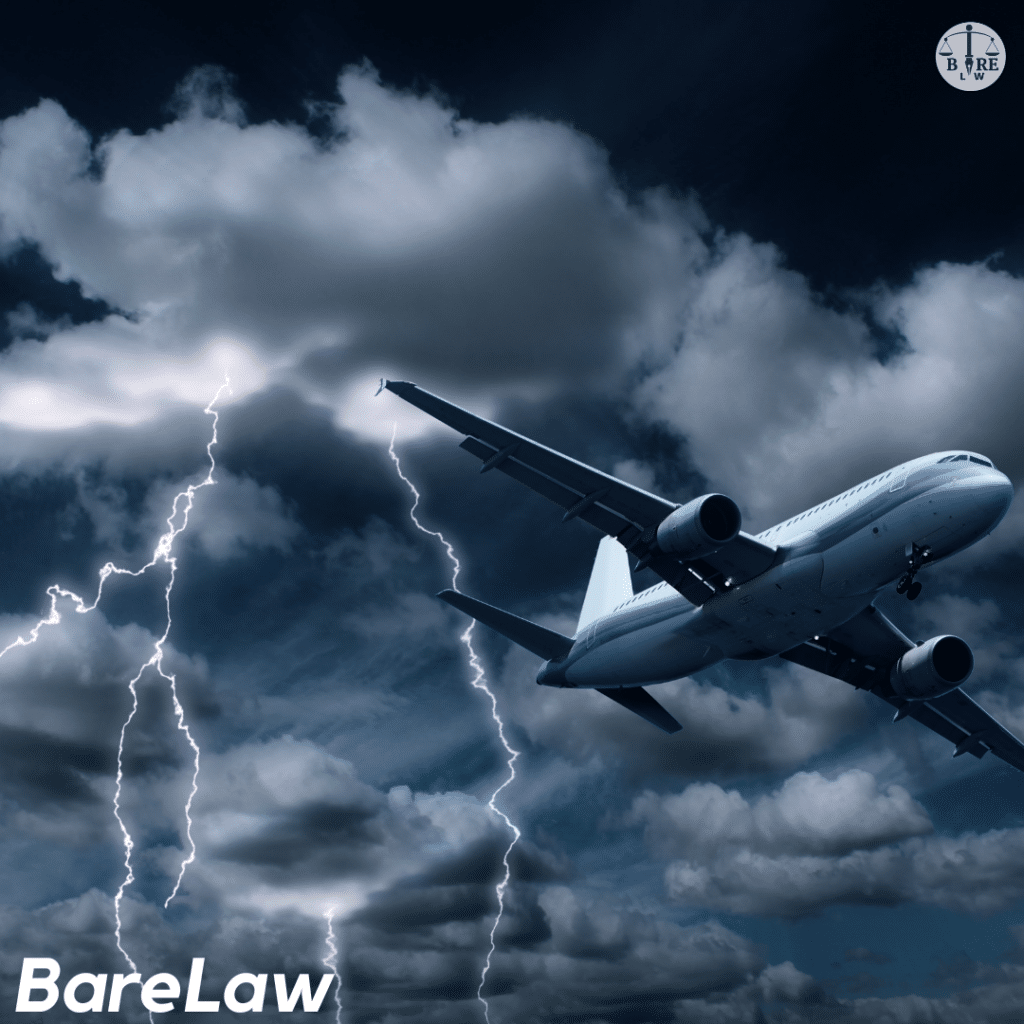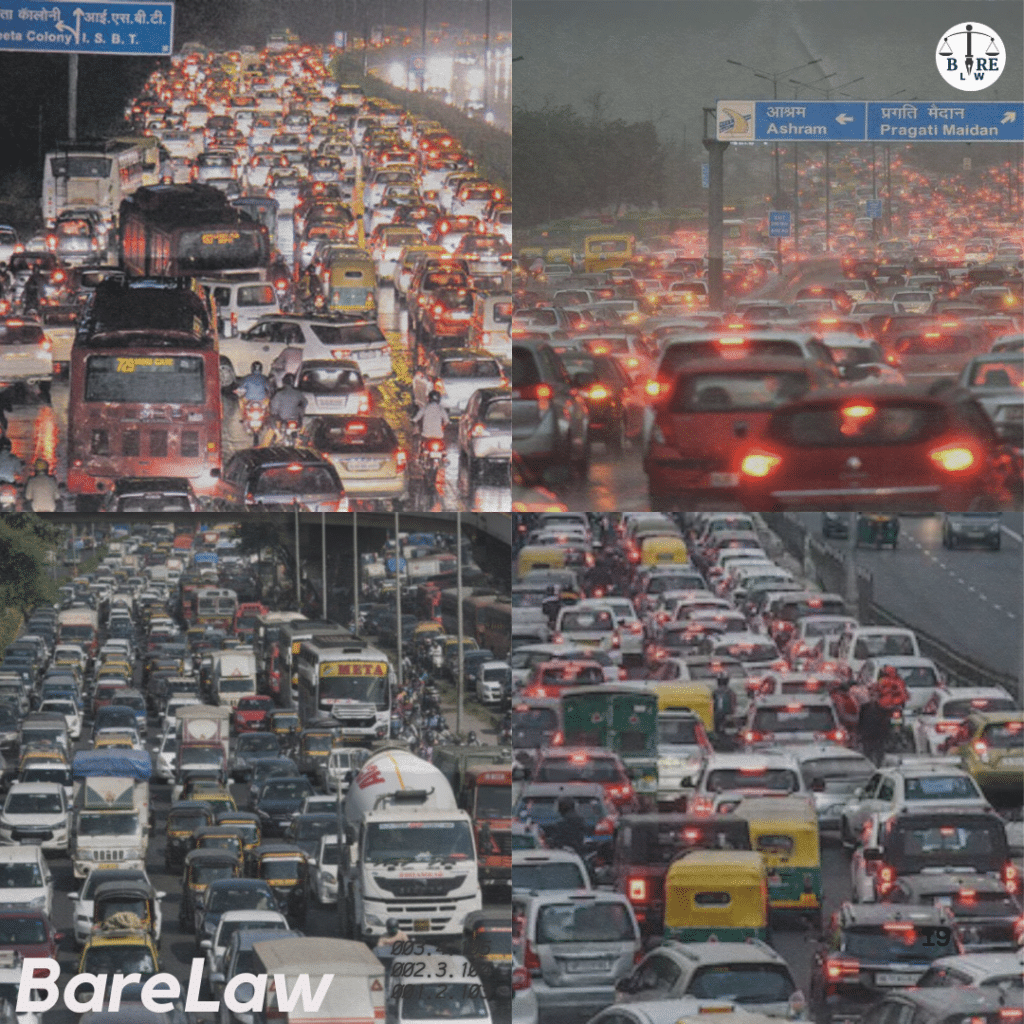
The abrogation of Article 370 in August 2019, which revoked Jammu and Kashmir's special status, remains a contentious issue in India. Recent events, including debates in the J&K Assembly and political party positions, have reignited discussions on the potential restoration of Article 370.
Abrogation of Article 370: Jammu and Kashmir Assembly Restoration Plans
India’s constitutional framework significantly changed in August 2019, especially with regard to the erstwhile state of Jammu and Kashmir (J&K). Article 370’s repeal proved this. This article examines recent developments in the J&K Assembly, the parliamentary processes that made this change possible, and the possible repercussions of reintroducing Article 370.
Understanding Article 370 and Its Abrogation
J&K was granted extraordinary autonomy under Article 370 of the Indian Constitution, which allowed it to create its own constitution and make decisions on internal issues except foreign, defence, and communications. On August 5, 2019, the Indian government said that Article 370 had been revoked, essentially removing J&K’s special status and splitting it into the Union Territories of Jammu & Kashmir and Ladakh.
Parliamentary Procedure for Abrogation
The abrogation process involved several key steps:
- Presidential Order: The President of India issued an order under Article 370(1), superseding the 1954 order and making all provisions of the Indian Constitution applicable to J&K.
- Resolution in Parliament: Concurrently, a resolution was introduced recommending the abrogation of Article 370(3).
- J&K Reorganization Act: Parliament passed the Jammu and Kashmir Reorganization Act, 2019, reorganizing the state into two Union Territories.
These measures were executed during the President’s Rule in J&K following the dissolution of its Legislative Assembly in 2018.
Recent Developments in the J&K Assembly
On November 4, 2024, the J&K Assembly met again after a six-year break. During the session, Waheed Para, an MLA for the People’s Democratic Party (PDP), presented a motion calling for restoring the region’s special status and against repealing Article 370. This created a great deal of noise. Members of the Bharatiya Janata Party (BJP), who strongly opposed the resolution and called for Mr Para’s suspension, caused heated debates over this decision. Rahim Rather, the speaker of the National Conference, explained that the motion had not been accepted, but the episode did highlight the continued differences over the repeal of Article 370.
Potential Implications of Restoring Article 370
Reinstating Article 370 would have profound constitutional, political, and social ramifications:
- Constitutional Dynamics: Restoration would entail a constitutional amendment, necessitating a two-thirds majority in both houses of Parliament. This is a difficult task in light of the current political landscape.
- Federal Relations: It has the potential to reshape the relationship between the Union and J&K, thereby restoring the state’s autonomy over internal affairs.
- Legal Repercussions: Laws enacted post-abrogation would need reassessment, potentially leading to legal complexities.
- Socio-Political Impact: Restoration may alleviate grievances among certain segments of the J&K populace; however, it could also reignite discussions regarding regional autonomy and national integration.
Conclusion
The abrogation of Article 370 continues to be a contentious and critical issue in the annals of India’s constitution. Recent events in the J&K Assembly underscore the ongoing debates and the intricacies associated with any potential reversal of this decision. As the discussions progress, it is essential to take into account the political realities, constitutional procedures, and aspirations of the people of Jammu and Kashmir.
Frequently Asked Questions (FAQ):
1. What was Article 370?
Article 370 granted special autonomy to Jammu and Kashmir, allowing it to have its own constitution and autonomy over internal matters, except defence, communications, and foreign affairs.
2. When and why was Article 370 abrogated?
On August 5, 2019, the Government of India abrogated Article 370 to integrate Jammu and Kashmir more closely with the rest of the country and to promote development in the region.
3. What were the immediate effects of the abrogation?
The abrogation led to the bifurcation of the state into two Union Territories: Jammu & Kashmir and Ladakh. It also nullified the state’s separate constitution and special privileges.
4. How did the Supreme Court of India respond to the abrogation?
In December 2023, the Supreme Court upheld the abrogation’s constitutional validity and directed the Election Commission to hold elections in Jammu and Kashmir by September 2024.
5. What recent developments have occurred in the J&K Assembly regarding Article 370?
In November 2024, PDP MLA Waheed Para introduced a resolution in the J&K Assembly opposing the abrogation and advocating for the restoration of Article 370, leading to heated debates.
6. What are the political parties’ positions on restoring Article 370?
Parties like the National Conference and PDP advocate for its restoration, while the BJP supports its abrogation, citing national integration and development as reasons.
7. What would be required to restore Article 370?
Restoration would necessitate a constitutional amendment, requiring a two-thirds majority in both houses of Parliament, which is challenging given the current political landscape.
8. What are the potential implications of restoring Article 370?
Restoration could redefine the relationship between the Union and J&K, reinstating the state’s autonomy over internal matters, but it may also lead to legal complexities and reignite debates on regional autonomy and national integration.
9. How has the abrogation impacted the socio-political landscape in J&K?
The abrogation has led to changes in land ownership laws, increased central government oversight, and mixed reactions among the populace, with some supporting development initiatives and others expressing concerns over the loss of autonomy.
10. What is the current status of statehood for Jammu and Kashmir?
As of November 2024, Jammu and Kashmir remains a Union Territory. Discussions on restoring
A Dirty Condom Can Save Your Hotel Expense
A 21-year-old in China scammed over 300 hotels by fabricating hygiene complaints, exposing vulnerabilities in the hospitality industry and underscoring…
How Your 3 Year Old Can Start A Startup
Balancing parenthood and entrepreneurship is a complex journey, as highlighted by the co-founders of YourDOST, Puneet Manuja and Richa Singh,…
How Do Airplanes Land In A Cyclone
Cyclone Fengal made landfall in northern Tamil Nadu and Puducherry, causing heavy rainfall, aviation disruptions, and localized damage, underscoring the…
In Delhi “25.5 Kms in 1.5 Hours” Amid Protests In Noida
The ‘Delhi Chalo’ protest by farmers, demanding fair compensation and policy reforms, caused massive traffic disruptions in Delhi, highlighting the…







